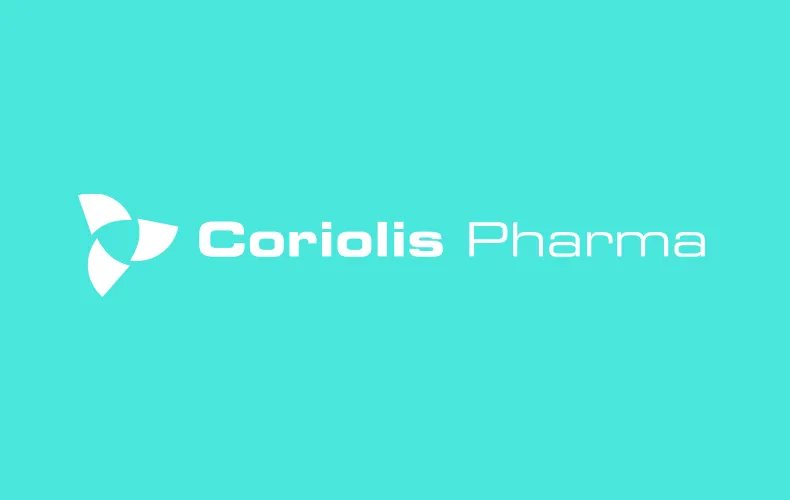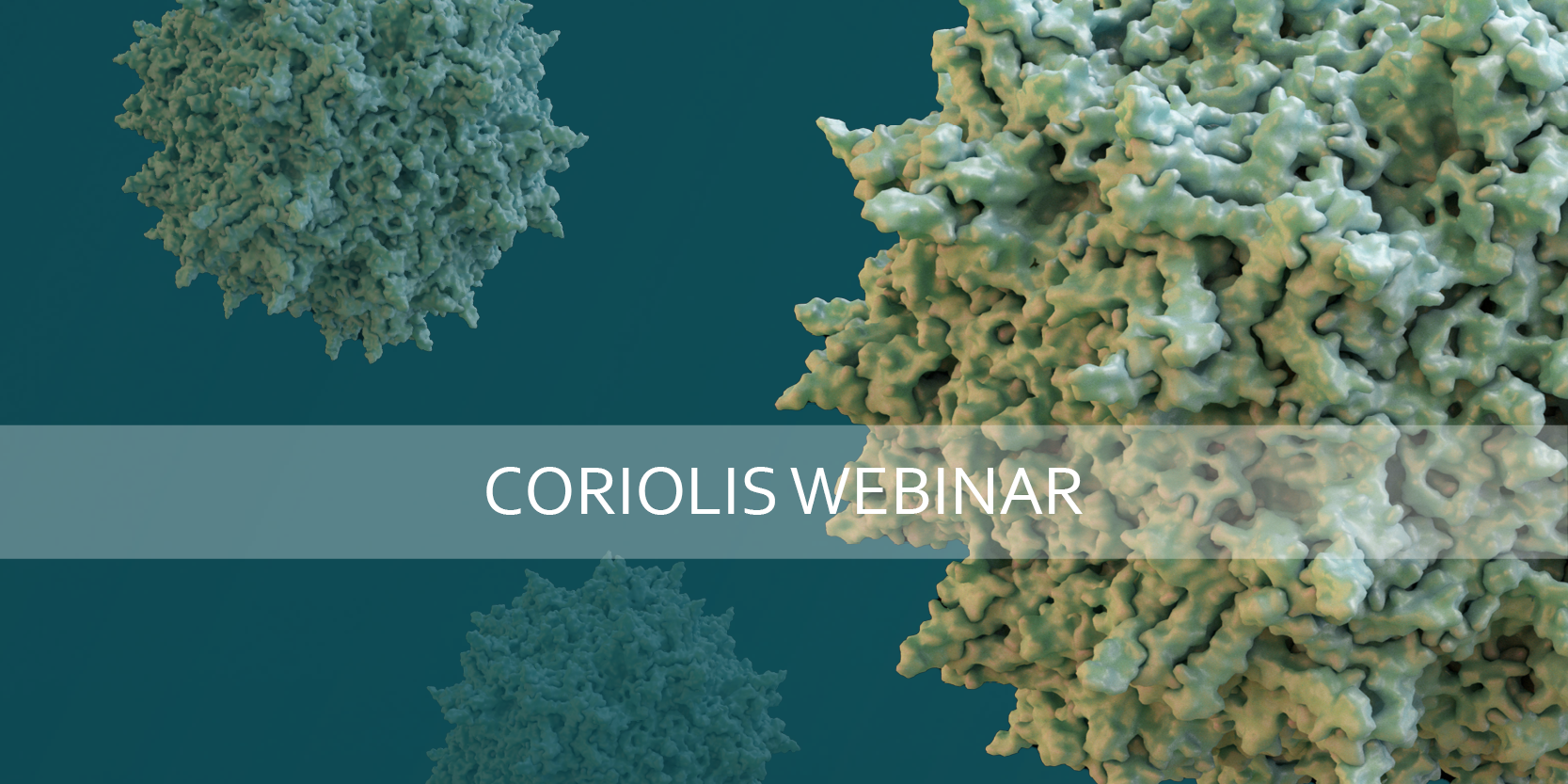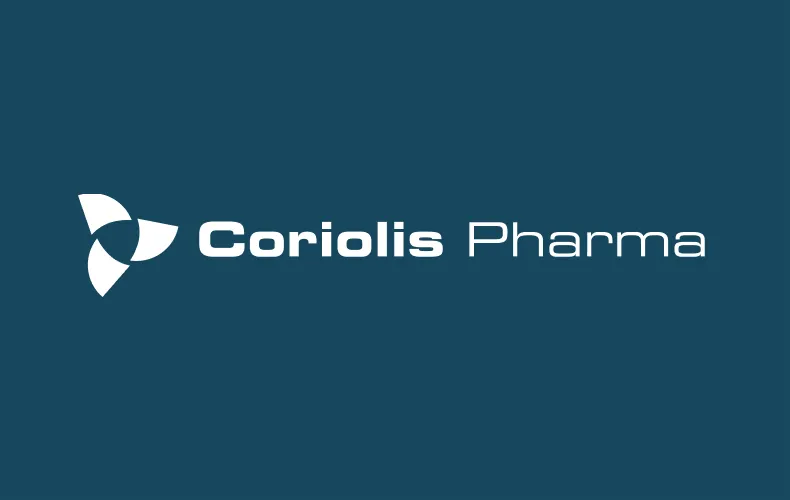Viral Vector
Coriolis Pharma excels in developing viral vector–based therapies, providing expertise and comprehensive services to ensure your viral vectors are stable, safe and effective.
We assess the infectivity of viral vector preparations by using TCID50 assays, plaque-forming assays or other cell-based methods up to biosafety level 2. Our team runs methods for determining functional, genomic and physical virus titers and other potential critical parameters that can negatively impact virus infectivity and safety.
Viral Vector Services
With extensive experience in viral vector development, Coriolis is your trusted partner for bringing viral vector therapies to market.
Specialized Viral Vector Services and Capabilities
Coriolis science-driven solutions are based on our deep understanding of the specific challenges of developing a viral vector formulation or drug product. Our expert scientists will devise dedicated study designs tailored to the needs of your vector type, application approach and development phase.

Lentivirus Aggregation Analysis
Lentiviruses are frequently used as vectors for cell therapy because they achieve a stable genome integration. However, aggregation is common during the production, storage and handling of lentivirus formulations. This can negatively impact virus infectivity and the safety of the therapy.
Our expert formulation scientists have many years of experience developing stable preparations for lentiviruses and other viral vectors. By applying our extensive portfolio of analytical techniques and tailored stress studies, we can comprehensively troubleshoot the underlying issues of lentivirus aggregation and obtain a robust formulation composition.

Quantifying Empty and Full AAV Capsids
Adeno-associated viruses (AAVs) are among the most frequently used viral vector systems. One key aspect of AAVs is the quantification of empty and full capsids.
Coriolis develops and applies several analytical methods for this purpose, including analytical ultracentrifugation (AUC), ion-exchange chromatography (IEX), transmission electron microscopy (TEM), mass photometry (MP) and dynamic light scattering in combination with UV analysis (DLS/UV). With our analytical approach, we can reliably quantify empty versus full capsids even at ultralow vector concentrations and quantify partially filled and aggregated capsids.

Virus Titration and Infectivity Assays
Titer and infectivity are important attributes of virus preparation, and their analytical characterization is central to the development, manufacturing and quality control of gene therapy products.
Our scientists develop and apply tailored TCID50 and plaque-forming assays to obtain infectious titers for your virus formulations. We also provide qPCR to determine the viral genome copies. Above all, we offer a large portfolio of particle characterization techniques to quantify virus particles, that is, obtain physical titers.
Viral Vector Resources
Comprehensive Biotherapeutic Expertise
Our deep-rooted academic background, drug development and commercialization expertise keep us at the cutting edge of formulation science and analytical method development. This expertise enables us to support a wide range of modalities.
Talk to Our Experts or Request a Quote
Our expert team is ready to answer your questions and guide you to the services best suited to your program’s modality, stage and challenge. If your needs are well-defined, we’ll begin the quotation process.

Viral Vector FAQs
-
Viral vectors are modified viruses that can deliver genetic material into cells for diagnostic, therapeutic or prophylactic purposes. They are frequently utilized during gene and cell therapy but also find application in vaccines, such as the ones approved against COVID-19 and Ebola.
For pharmaceutical applications, a viral vector must have—among other things—a good safety profile, low toxicity, high infectivity and, in most cases, cell type specificity. Frequently used vectors include adenovirus, lentivirus, adeno-associated virus (AAV), vesicular stomatitis virus (VSV), herpes simplex virus (HSV), poliovirus, reovirus, parvovirus and measles virus.
The infectivity (i.e., functional titer) of a viral vector is one of its key characteristics that should be maintained over the entire shelf life of the product. A robust drug product formulation, as well as suitable storage and handling protocols, should ensure the stability of the vector and avoid titer loss over time.
-
We develop tailored formulations for viral vectors, addressing challenges like vector stability, delivery and infectivity. Our solutions enhance the performance and stability of your viral vector–based therapies, ensuring they meet clinical and regulatory requirements.
Our advanced analytical services include stability testing, viral titer determination and characterization of viral vector components. These capabilities ensure that your viral vectors maintain their integrity and efficacy throughout development and storage.
-
Coriolis provides end-to-end support for viral vector development, from initial formulation to clinical trials. Our services cover all aspects of viral vector development, including formulation optimization, analytical testing and stability assessment.


